 In its recent and widely publicized opinion in United States v. Hoskins, the United States Court of Appeals for the Second Circuit (New York) held that criminal liability under the FCPA should not apply to a nonresident foreigner if the crime was not committed within the U.S. and the individual was not an officer, director, employee, or stockholder of an American company, or otherwise had no agency relationship with a U.S. person. Nevertheless, on September 22, 2018, the U.S. Government asked the U.S. District Court for the Northern District of Illinois to decline to follow Hoskins in a separate FCPA case involving an alleged scheme to bribe Indian officials in order to receive the necessary approvals for conducting a mining project in India.
In its recent and widely publicized opinion in United States v. Hoskins, the United States Court of Appeals for the Second Circuit (New York) held that criminal liability under the FCPA should not apply to a nonresident foreigner if the crime was not committed within the U.S. and the individual was not an officer, director, employee, or stockholder of an American company, or otherwise had no agency relationship with a U.S. person. Nevertheless, on September 22, 2018, the U.S. Government asked the U.S. District Court for the Northern District of Illinois to decline to follow Hoskins in a separate FCPA case involving an alleged scheme to bribe Indian officials in order to receive the necessary approvals for conducting a mining project in India.
In response to a motion to dismiss those charges, the Government argued that case law from the Seventh Circuit, which would be binding on the Illinois District Court, distinguishes much of the rationale underlying Hoskins. The Government further argued that because “Congress did not signal an intent to prevent well-entrenched principles of conspirator and accomplice liability from applying to the defendants,… the presumption against extraterritoriality does not apply.”
While it remains uncertain whether the Illinois District Court will decline to follow the Second Circuit’s holding in Hoskins, it is now clear that the U.S. Government will continue to stand by its position that a foreign defendant can be subject to extraterritorial jurisdiction under the FCPA.








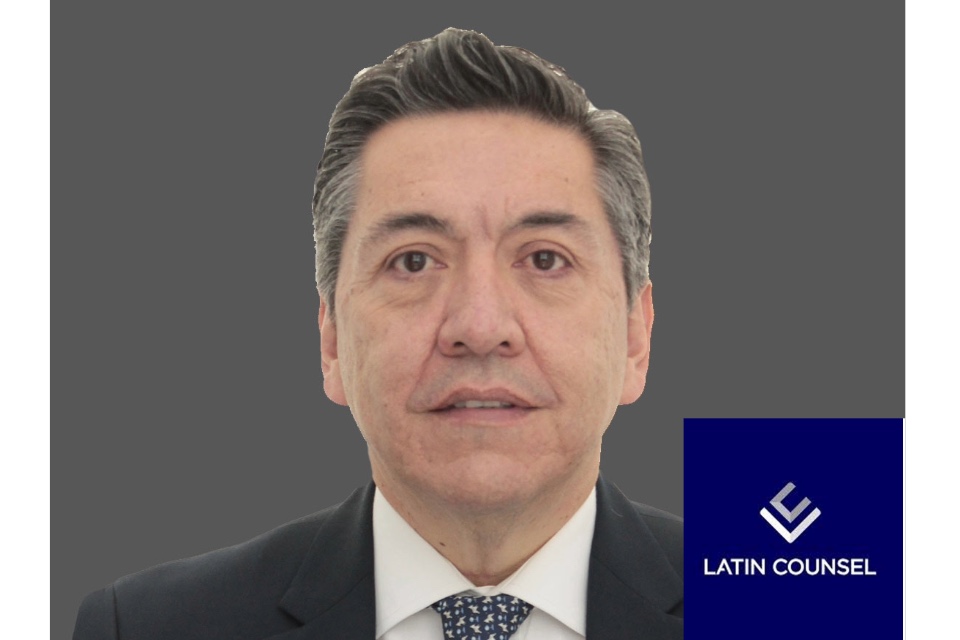
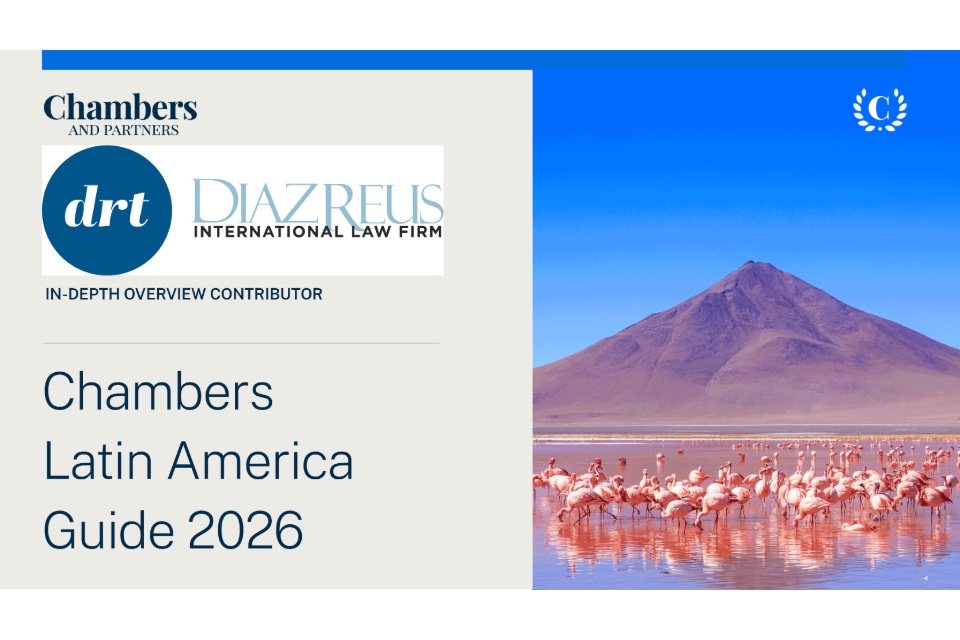


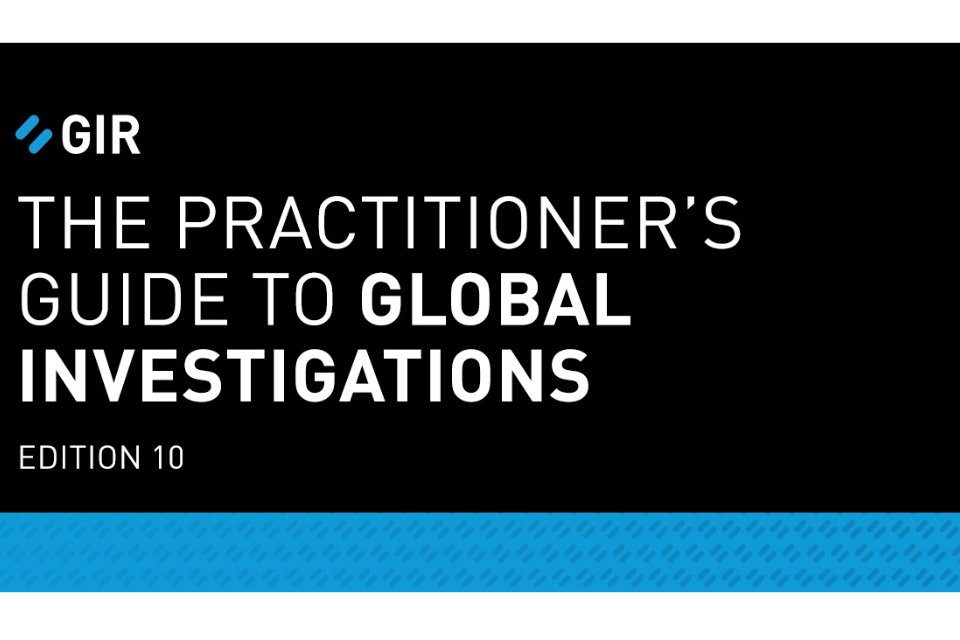





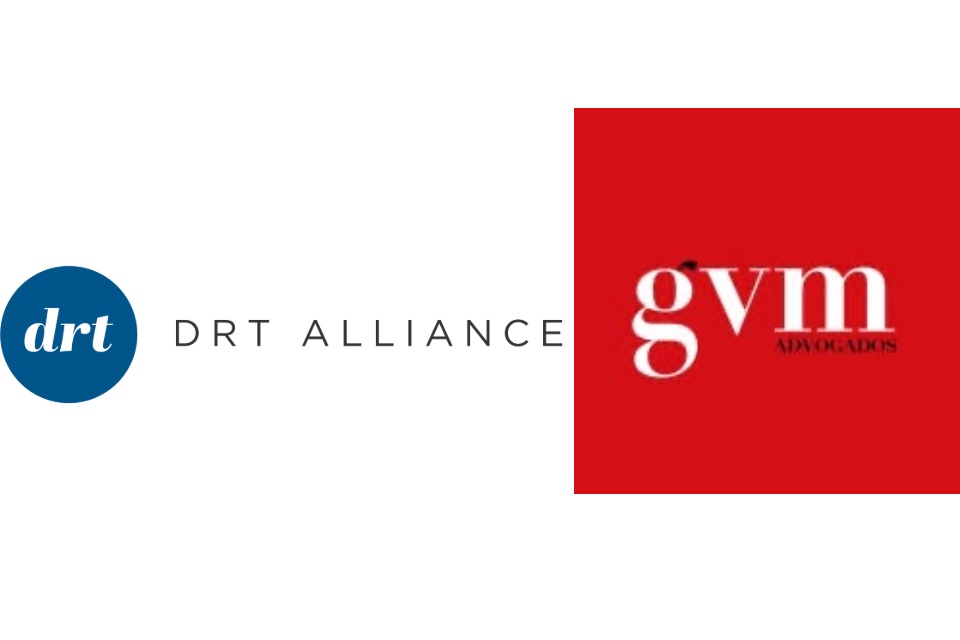














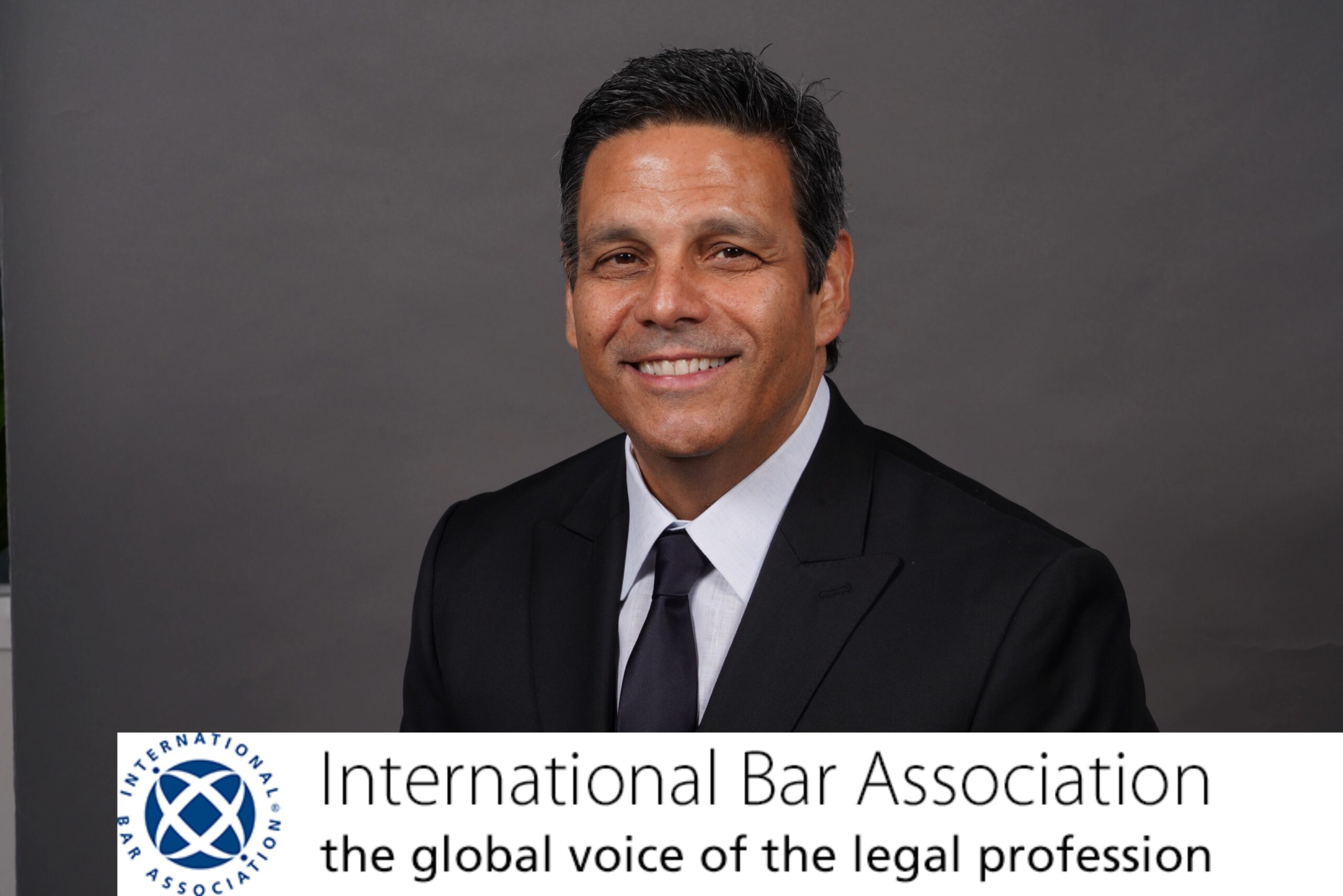






































































![Especial abogados Salón de la Fama[61] 4](https://diazreus.com/wp-content/uploads/2023/06/Especial-abogados-Salon-de-la-Fama61-4-pdf.jpg)


























































































































































































